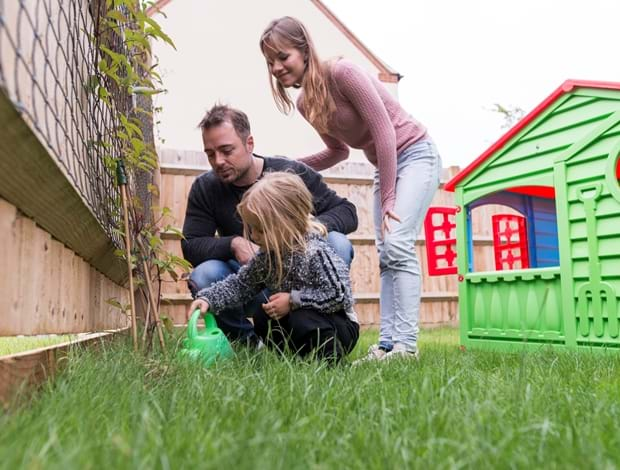Under Occupation
Your Housing Benefit may be reduced if you have one or more spare bedrooms. The Housing Benefit reduction is:
- 14% for one spare bedroom
- 25% for two or more spare bedrooms.
So, for example:
If your Housing Benefit is £70 and you have two spare bedrooms, the reduction is 25%. This means your Housing Benefit will be reduced by £17.50.

How many bedrooms can I get Housing Benefit for?
The amount of bedrooms you can claim Housing Benefit for is as follows:
- An adult couple – one bedroom
- Two children under 10 (regardless of gender) – one bedroom
- Two children under 16 (of the same sex) – one bedroom
- An additional child (you have three children but two already share) – one bedroom
- A single adult (16 or over)
- A child or couple who can’t share because of a medical condition or disability – one bedroom
- A non-resident overnight carer for you or your partner – one bedroom
- One extra room is allowed for approved foster carers
- Bedrooms for students who are away from home and members of the armed forces are not counted as ‘spare’ if they’re away and intend to return to the home. The home must be the adult child’s normal home.
Housing Benefit rules do not take into account:
- Shared child-care arrangements for separated parents
- Any allowance for disabled adaptations
- Any other arrangement whereby someone not part of the household permanently comes to stay (eg grandchildren).
Who is affected?
Under-occupancy applies to working age only – this is under the qualifying age for State Pension – so an average age of 66 applies.
Bedroom size
While there are rules around what is classed as a bedroom for over-occupation rules, this does not apply to under-occupation. The number of bedrooms in the house (whatever their size and whatever they are being used for) is dictated by the number of bedrooms you are charged for.
What do I need to do?
- Contact us – we can help you work out how best to manage your situation.
- Make up the shortfall from your other income. Think about how much money you have coming in each month. Are there any regular expenses you can cut back on? What would you give up to keep your spare room?
- Manage your money. What regular bills do you have to pay? What needs to take priority? Make sure you pay your rent first. If you fail to pay your rent you could lose your home.
- If you get some Housing Benefit or previously got Council Tax benefit but are having difficulty making up the rest of your rent you may be able to get a discretionary housing payment (DHP). Contact the Housing Benefit team at your local council to apply.
- Would a move to smaller accommodation better suit your needs?
- You are entitled to take in a lodger but please be aware that this will affect the amount of benefit you get paid as this will count as ‘income’.